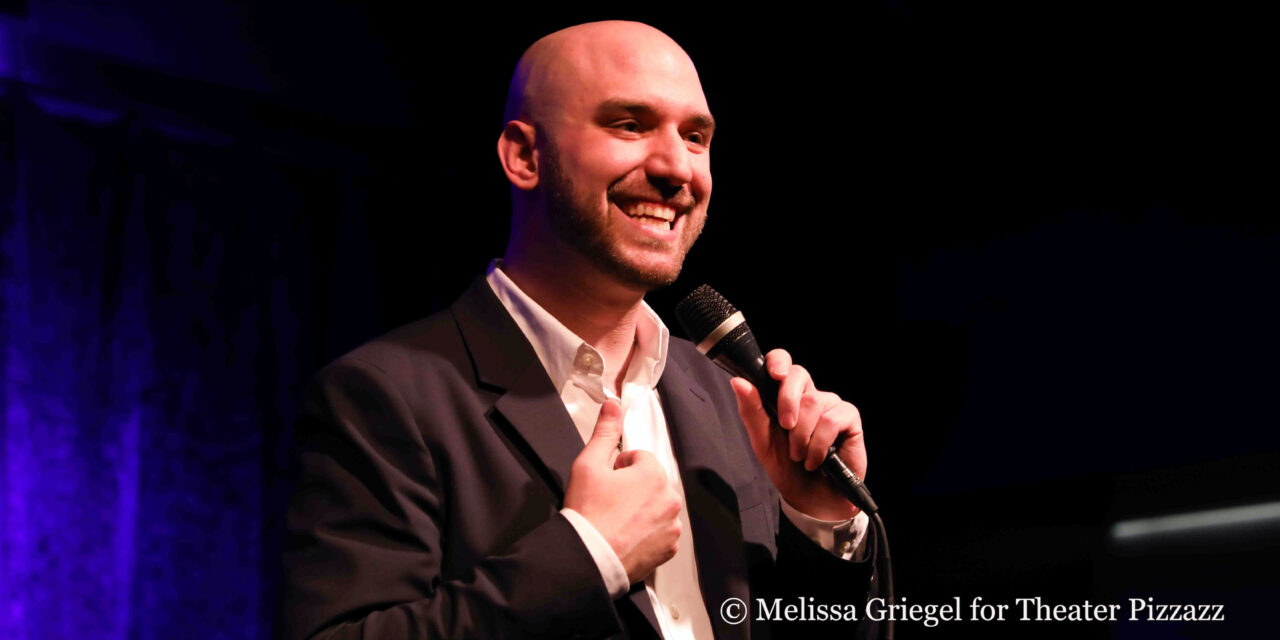By Melissa Griegel . . .
In 2018, Bistro Award Winner Ari Axelrod debuted a show titled “Celebrating Judaism and Broadway.” In light of the current climate, with rising antisemitism worldwide, Ari has revisited his original show, making changes that are more relevant to the lives of American Jews. You don’t need to be Jewish to enjoy Ari’s show, as evidenced by the packed Birdland Theater show which included many cabaret and Broadway greats, but if you are, the show hits even harder. Ari is full of historical gems about the intersection of Judaism and Broadway, as well as personal stories, and his own pride at being Jewish. A portion of ticket sales from the Birdland show was donated to the Anti-Defamation League.
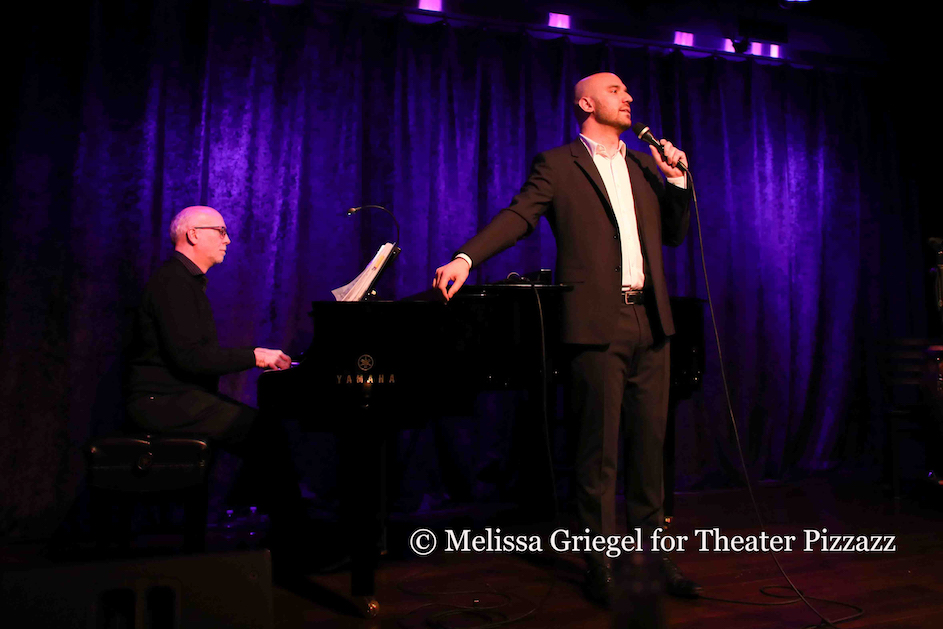
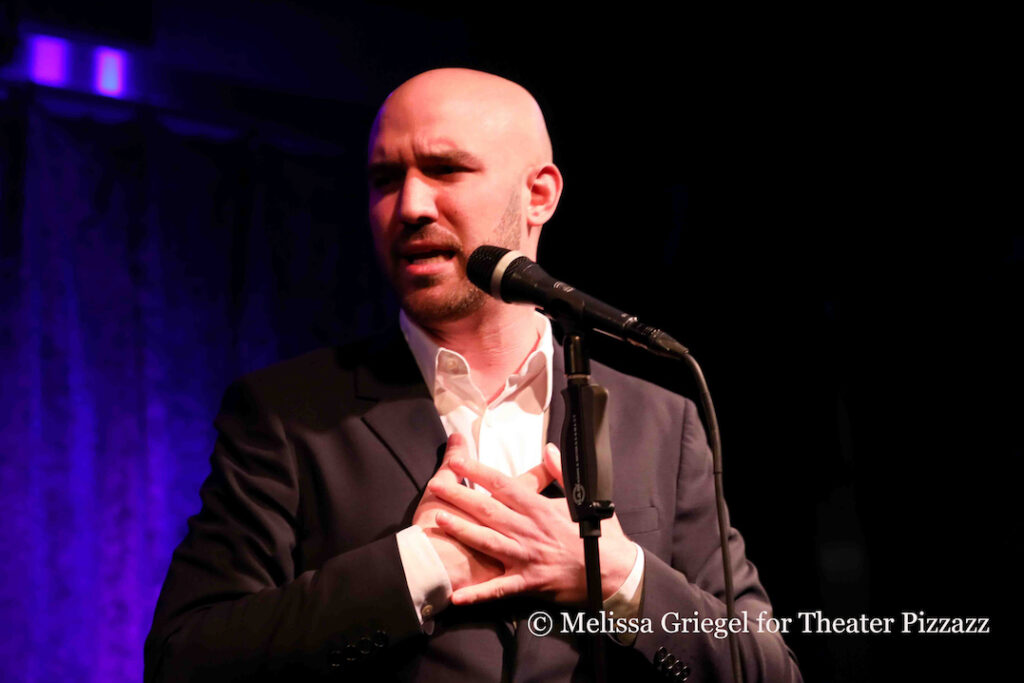

There were, of course, some songs you would expect in a show celebrating Jewish Broadway, such as “Miracle of Miracles” from Fiddler on the Roof. Most of the set list, however, were songs written by Jewish lyricists and composers for Broadway shows that did not have Jewish themes. Knowing the history of the songwriting teams and the time period in which they wrote, Ari was able to extrapolate how their “Jewishness” found its way into the story, imparting the Jewish zeitgeist into the music and the story line. He drew mostly on songs written by Sondheim, Rodgers, Hammerstein, Gershwin, and Berlin as examples.
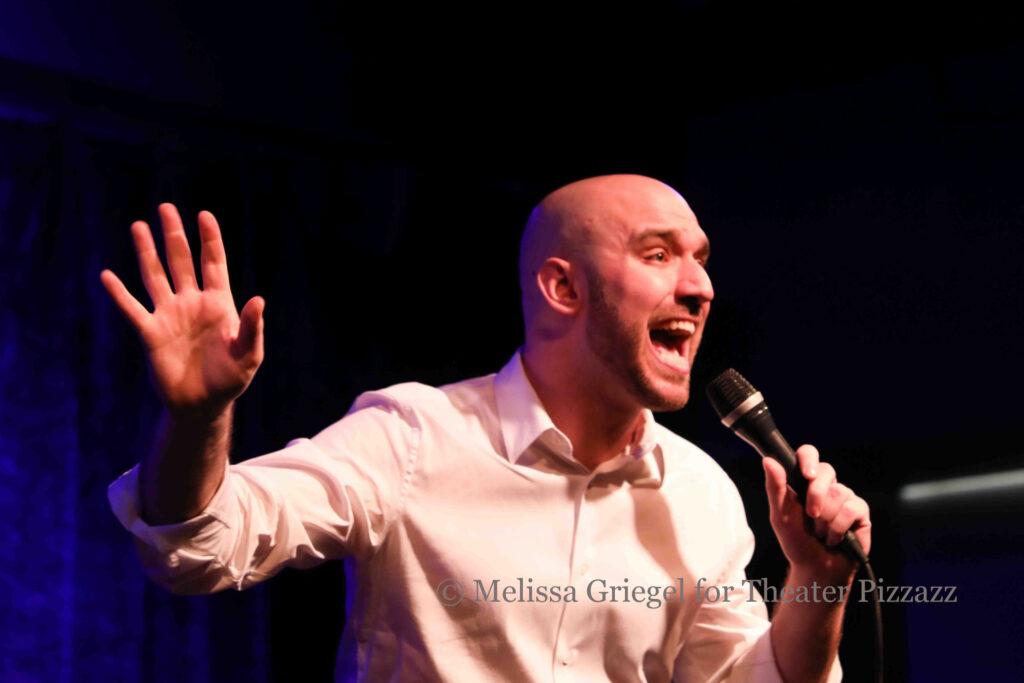

When Ari sings, you feel as if he is singing directly to you. He makes eye contact with everyone in the room and imparts such emotion into his songs, that he brings you into his world. It’s a world full of love, joie de vivre, and pride. After telling us about his opera singer great-great-uncle during WWII, killed by the Nazis during a performance, Ari said, “When I sing, I get to sing for all of the notes my great-great-uncle never got to sing. When I sing, my voice is his voice.” Ari has his own take on the traditional perspective about Jewish persecution and the attitude of being proud of surviving. Yes, we should be proud that we survived he says, but we shouldn’t just focus on that alone; we should be celebrating thriving. “I am no longer interested in Jewish resilience. I no longer believe that Jewish resilience is enough. I am much, much, much more interested in Jewish vitality. We say l’chaim all the time. It means ‘to life!’ It doesn’t mean ‘to survival’ or ‘to resilience’ or to “hey, we’re not dead!’—it means ‘to life’. And what these composers, these lyricists, did when they created this art form, is they shined a light not on resilience, but on Jewish vitality. It was their way of actively saying through art: ‘to life!”. And now, in a time when things feel really bad—really, really scary, we can fight against antisemitism, but it is much stronger to fight for something. I am interested in fighting for the radical acceptance of Jewish expression in all of its forms and fighting for Jewish vitality.”
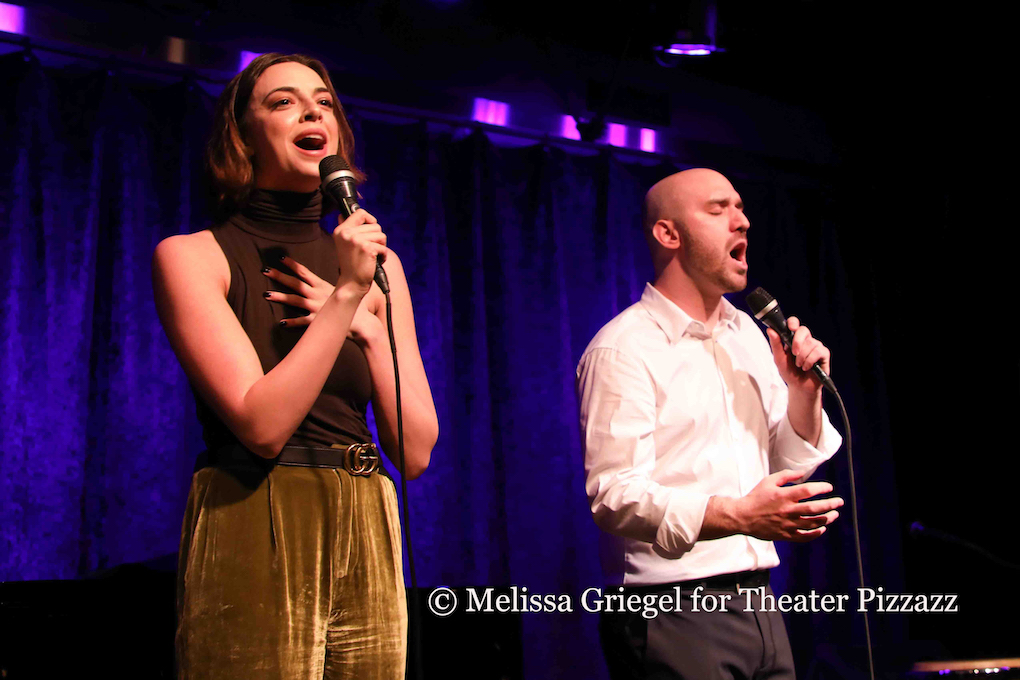

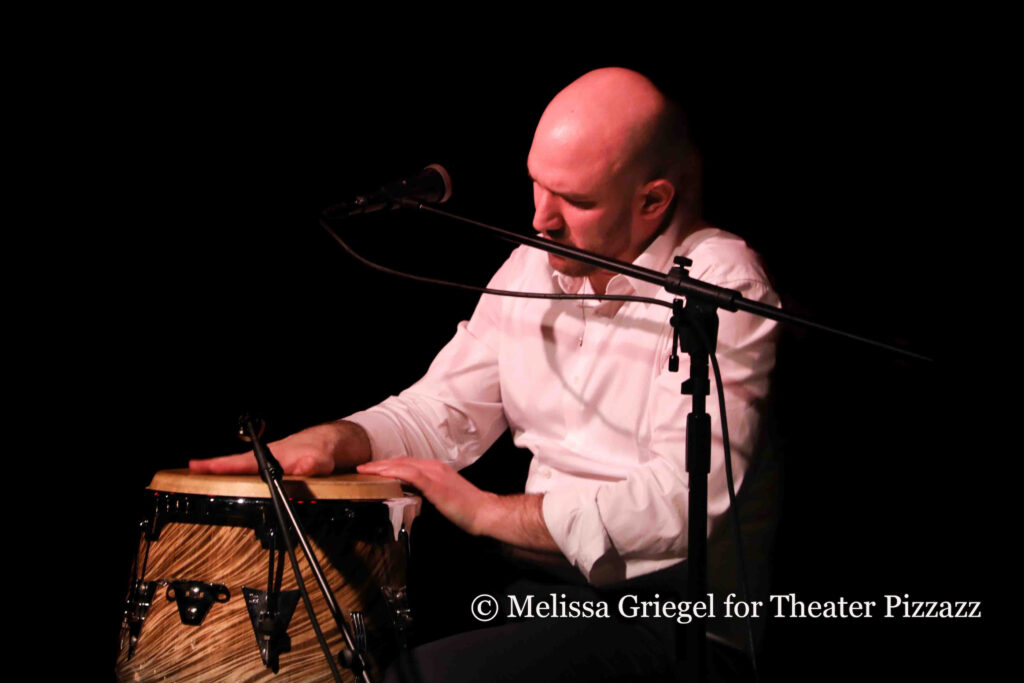

Ari performed three songs in a row written by multi-Tony Award winning songwriter Jason Robert Brown. The first was a humorous song entitled “Shiksa Goddess” from The Last Five Years. He then moved into Brown’s more serious work from Parade, singing “This is Not Over Yet”, and then a duet with the current Elphaba in Wicked on Broadway, Talia Suskauer, for “All the Wasted Years.” Other Broadway songs included during the evening were songs from Porgy and Bess, Les Misérables, West Side Story, Once Upon a Mattress, South Pacific, and Company. “God Bless America” by Irving Berlin and “Music to My Ears” by Michael Feinstein and Aaron Serotsky also wove their way into Ari’s show along with Ari’s tidbits about how he chose each song for the show.
Ari informed us that although most people think that Fiddler was the first Broadway show to be written by and about Jews, it was not. There was a show by Jerry Herman called Milk and Honey that premiered on Broadway in 1961, three years before Fiddler opened. He sang a medley from the musical. Ari explores the “why” of the fact that the vast majority of Broadway musicals were, and still are, written by Jews. He points to the immigration of Eastern European Jews into the United States in the late 1800s and early 1900s, uprooted from their homeland and having to start anew as a factor. “We lean on the things we are passionate about and we love. The arts and, in particular, music, was that thing the Ashekenazi Jews leaned on in pursuit of the American Dream. Also, Judiasm is a culture that is so rich in storytelling. We re-tell our story every single year. We just start it all over again. So I think putting stories into music was almost a natural impulse and that the collaborative nature that comes from creating these musical stories was a way of generating community in New York City. Community is a foundation pillar of Judiasm.”
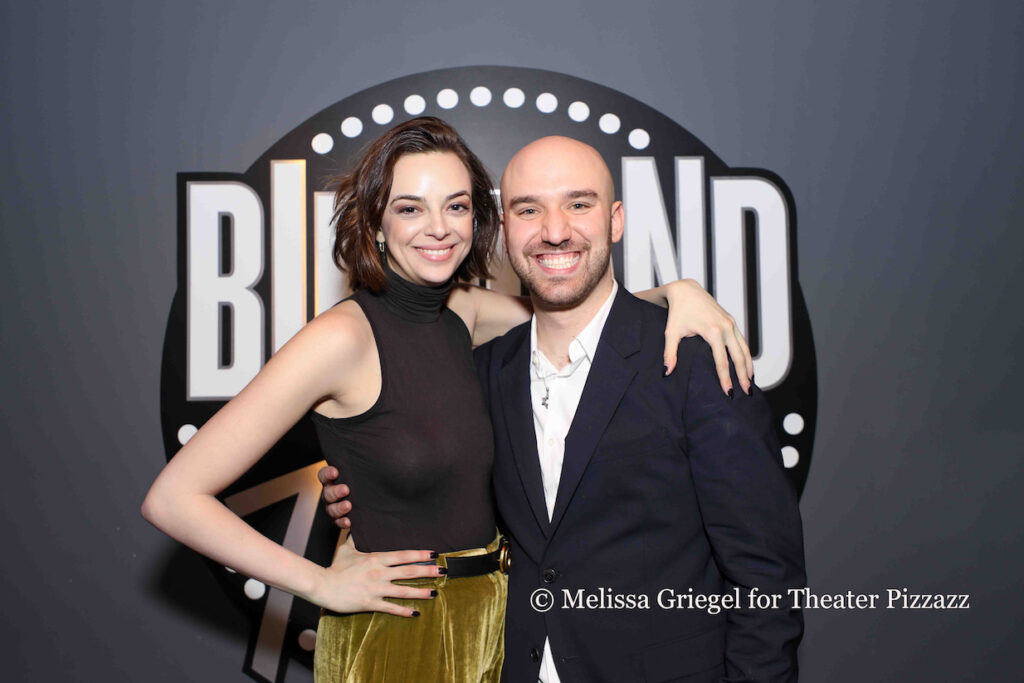

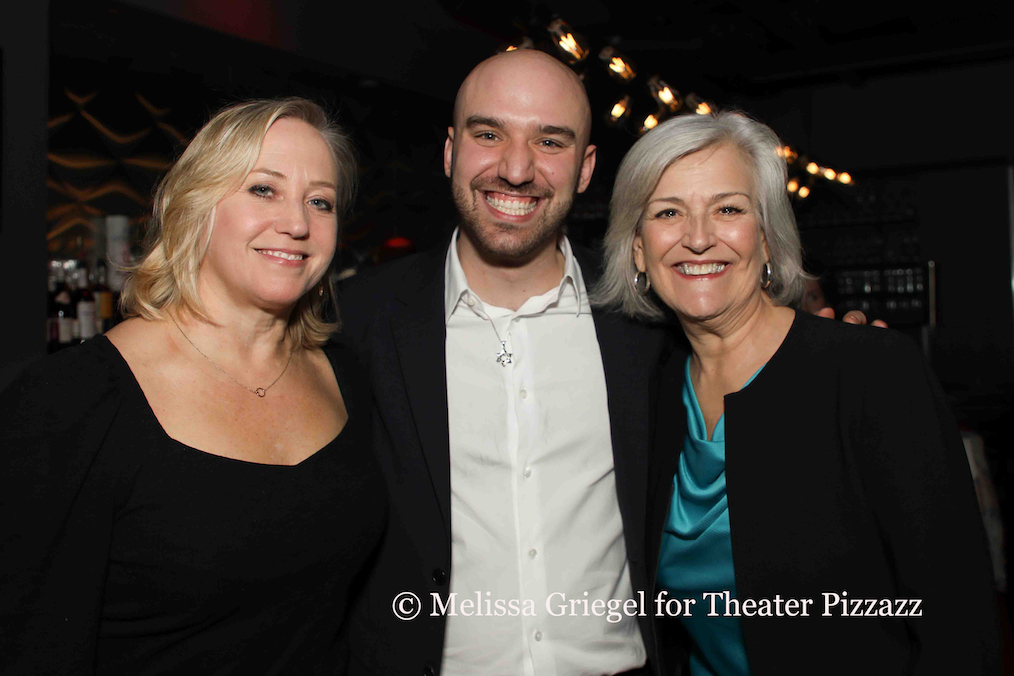

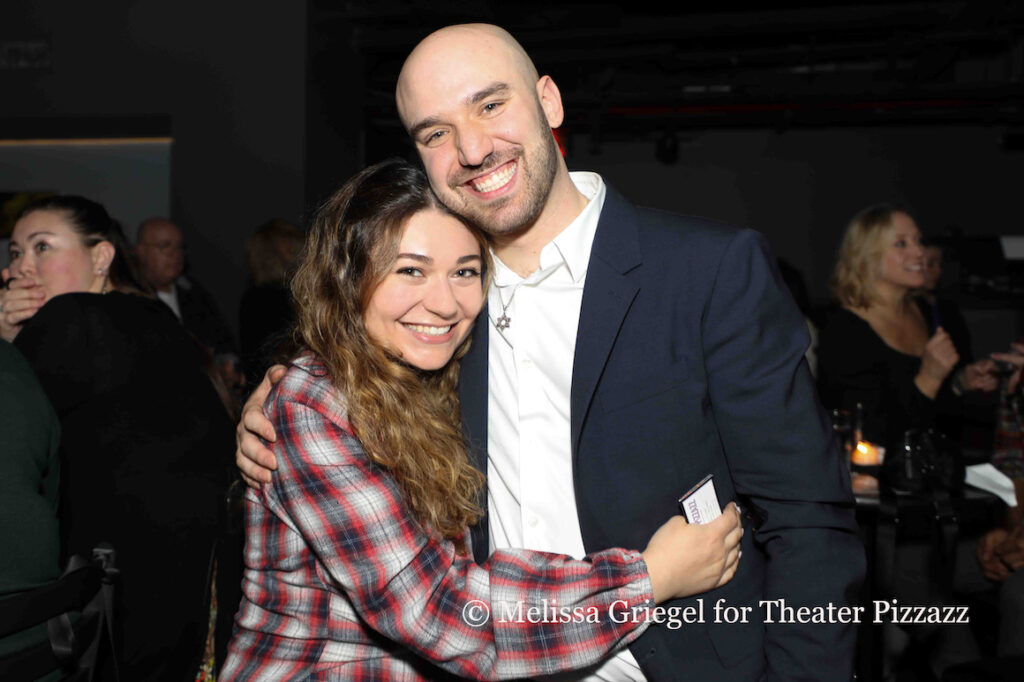

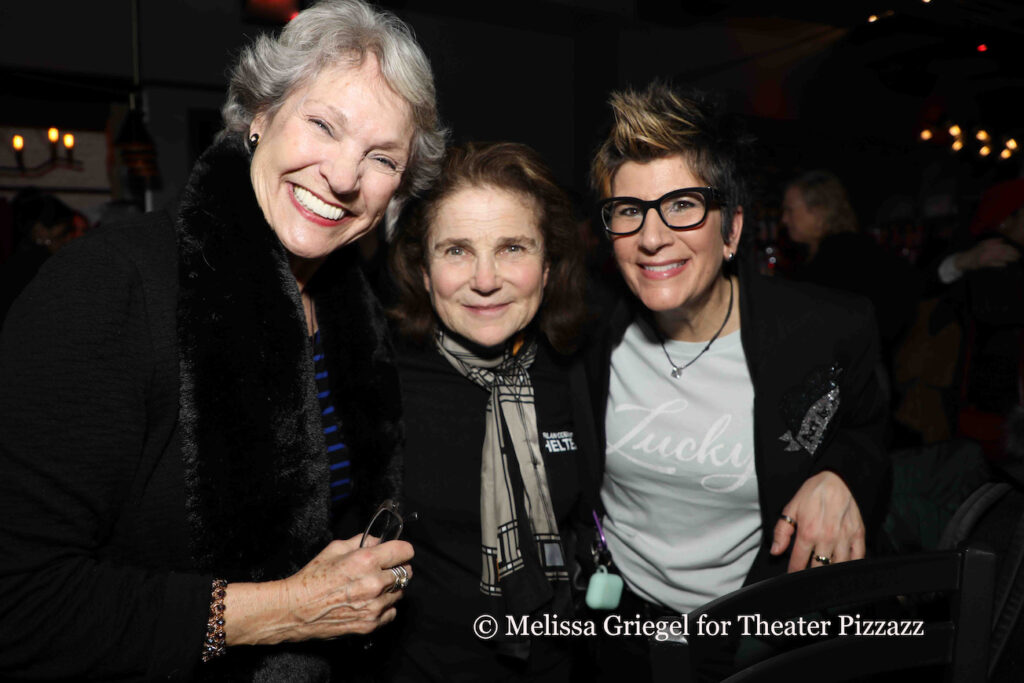

Ari Axelrod: A Place For Us: A Celebration of Jewish Broadway took place at Birdland Theater (315 West 44 Street, NYC). The show’s creative consultant was Jeff Harnar and the pianist and Music Director Lawrence Yurman. Ari’s debut album, Ari Axelrod: Live at Birdland, is now available on all streaming platforms.
Photos by Melissa Griegel
www.griegelphoto.zenfolio.com


